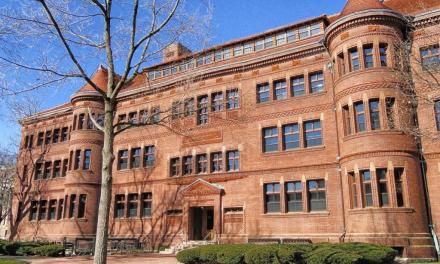There has been a lot of fuss about grammar schools recently since Prime Minister Theresa May stated her intention to lift the ban on the creation of new grammars.
This has led to many bitter arguments as to whether grammar schools work, with opponents on both sides of the argument stating vastly different opinions. So, what is the truth?
The basic facts
Regarding performance, no one can deny that students who attend grammar schools do well in their studies. It is also true that less wealthy children are far less likely to be accepted into grammar schools than more affluent children in the same area.
What this means is that grammar schools work for the children who attend them, but there is a problem with grammar schools underrepresenting the number of children from less well-off backgrounds.
It could be argued that this is a failure of grammar schools. If they are unable to help children from all sections of society to succeed, there is little point in having them. If they are only useful to the already advantaged, who would likely do well in any event?
On the other hand, it could be argued that grammar schools are indeed effective and help potential to succeed. Plus, more pupils would achieve higher success rates, if they were given a chance to attend grammar school.
Research
In 2015, Newsnight journalist Chris Cook conducted a piece of research on the effect of grammar schools. He found that, in the largest area for selective schools in Kent, children from wealthier families were more likely to get into grammar schools. He also found that poorer children in the selective areas get poorer GCSE results overall compared to children in comprehensive areas.
In England, in 2015, 96.7 percent of selective school pupils were awarded a minimum of five GCSEs at grades A* to C, whereas only 58.1 percent of those in state schools achieved the same.
This research is somewhat complicated by the fact that we do not know how well those children who entered grammar schools at the age of 11 would have done if they went to a bog-standard comprehensive school instead.
There is also the fact that grammar schools are much more likely to admit children from private schools than those who are eligible for free meals, which again complicates the issue significantly.
As such, it is tough to definitively answer the question: ‘Do grammar schools work?’ We can say, at the very least that they appear to work for the children who attend them, although they could have the opposite effect on the other schools in the area, due to taking away their brightest pupils.
If Theresa May gets her way and more grammar schools are opened across the country, we may be able to better gauge the success or failure of grammar schools across the population.









